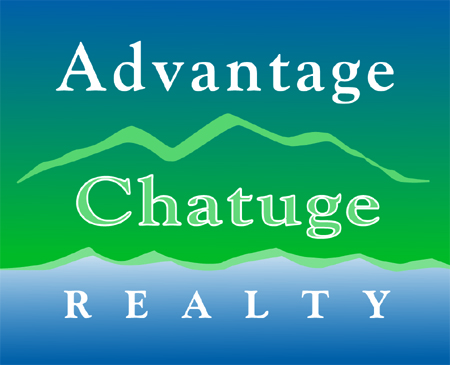Sewage & Septic Systems for GA & NC Mountain Land
When buying Georgia mountain homes or North Carolina mountain cabins, one of the most overlooked but critical details is the sewage and septic system. These systems are essential for protecting drinking water, preserving property value, and ensuring your family’s health. Whether you are purchasing a home or GA mountain land to build on, understanding septic rules and site conditions upfront can save costly surprises later. If you’re considering a mountain land septic system, knowing what’s possible on your property is one of the first steps before purchase.
Why Septic Systems Matter in the Mountains
Septic treatment in both North Carolina and Georgia mountains is typically handled by a septic tank paired with a drain field. A failing septic system is a serious issue—it can contaminate wells, pollute creeks and rivers, or cause raw sewage backups into a home. In rural mountain areas, where public sewer service isn’t available, understanding the type of mountain land septic system that can be installed is non-negotiable for buyers.
Georgia Mountain Land & Homes – Septic Requirements
- Minimum septic tank size for residential should be 1,000 gallons.
- The system must be at least 100 feet from a drinking water well.
- Drain fields must be placed on undisturbed soil (not cut and fill).
- Septic tanks should be pumped every 3–5 years to extend life span.
If you are buying Georgia mountain land with the intention to build, the soil evaluation (perk test) and septic permit should be among the very first items you check before closing.
North Carolina Mountain Land & Homes – Septic Requirements
- Tank size typically starts at 900–1,000 gallons for a two-bedroom home.
- Drain field size is determined by soil absorption rate and bedroom count.
- Setback requirements are at least 100 feet from surface water or streams (depending on water classification).
- Buyers should verify the official septic permit with the county health department.
- Check the number of bedrooms on the permit; some sellers may misstate this.
Before purchasing NC mountain land or homes, confirm septic permits and drain field size through county records to avoid future complications.
Working with an Experienced Buyer’s Agent
Gary Ward, a Broker Agent with Advantage Chatuge Realty, focuses on helping buyers in the GA and NC mountains. He routinely assists clients in pulling septic records, confirming permit details, and guiding them toward the right county health department contacts. This approach ensures buyers are well-informed, get accurate answers from regulators, and avoid unpleasant surprises at or after closing.
Simple Checks Buyers Can Do Themselves
- Run water inside the house and watch the lowest plumbing fixture (such as a basement toilet) for backup.
- Look outside for unusually green patches of grass or soggy spots over the drain field.
- Check during or after heavy rain to see if water drains properly.
- Confirm septic access is clear for future pumping trucks.
County Health Department Contacts
- Fannin County, GA Health Department
1710 Whitehouse Ct, Dalton, GA 30720
Phone: 706-632-3024
Email: FanninEH@dph.ga.gov
District 1-2 Health District – Fannin EH - Union County, GA Environmental Health
67 Chase Dr, Blairsville, GA 30512
Phone: 706-745-6292
Fax: 706-745-6803
Union County Environmental Health - Towns County, GA Environmental Health
48 River St, Suite B, Hiawassee, GA 30546
Phone: 706-896-8873
Towns County Environmental Health - Clay County, NC Environmental Health
345 Courthouse Drive, Hayesville, NC 28904
Phone: 828-389-8052
Fax: 828-389-8533
Clay County Environmental Health - Cherokee County, NC Environmental Health
228 Hilton Street, Murphy, NC 28906
Phone: 828-837-5527
Fax: 828-835-7854
Cherokee County Environmental Health - Macon County, NC Environmental Health
1830 Lakeside Drive, Franklin, NC 28734
Phone: 828-349-2490
Fax: 828-349-4136
Macon County Environmental Health
Call to Action
If you’re buying or building on GA or NC mountain land, having the right guidance can make all the difference. Contact Gary Ward at Advantage Chatuge Realty to ensure your mountain property purchase goes smoothly and safely.




